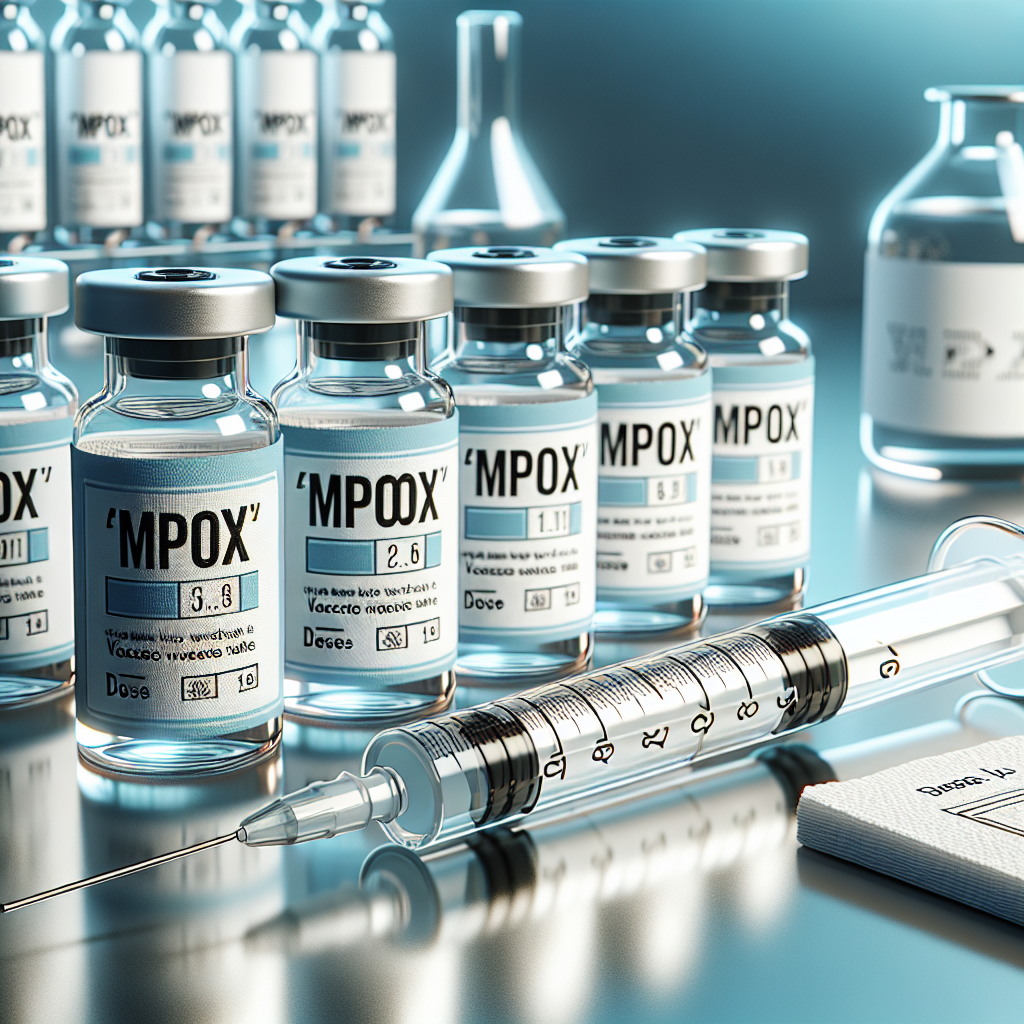Suspected Mpox Case Identified in Traveller, Authorities Say No Cause for Concern
A man who traveled from a country with mpox transmission has been isolated in a hospital as a suspected case, the Union health ministry reported. The patient is stable, and contact tracing is ongoing. The government reassures that there is no cause for undue concern, and the nation is prepared to handle such cases.

- Country:
- India
A man who recently traveled from a country experiencing mpox transmission has been identified as a suspected case of the disease, according to the Union health ministry.
The patient is currently isolated in a designated hospital and is reported to be stable. Authorities emphasized that there is no cause for concern.
Samples from the suspected case are being tested to confirm the presence of mpox. 'The case is being managed in line with established protocols, and contact tracing is ongoing to identify potential sources and assess the impact within the country,' the ministry said.
The development aligns with risk assessments by the National Centre for Disease Control (NCDC), and there is confidence in the nation's readiness to manage such isolated travel-related cases. 'The country is fully prepared to deal with such cases and has robust measures in place to mitigate potential risks,' the ministry added.
Mpox was declared a public health emergency of international concern by the World Health Organisation (WHO) last month due to its spread across Africa. Since WHO's 2022 declaration, India has reported 30 mpox cases, with the last detected in March of this year.
WHO data indicates there have been 99,176 mpox cases and 208 deaths reported from 116 countries since 2022. Transmission occurs through close and direct contact, with infections generally lasting two to four weeks and recovering with supportive care.
(With inputs from agencies.)










